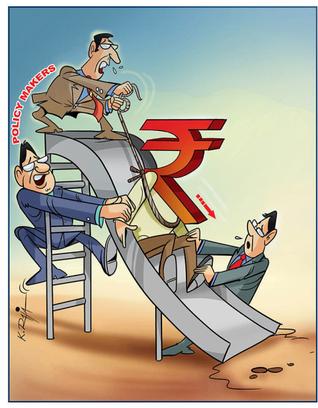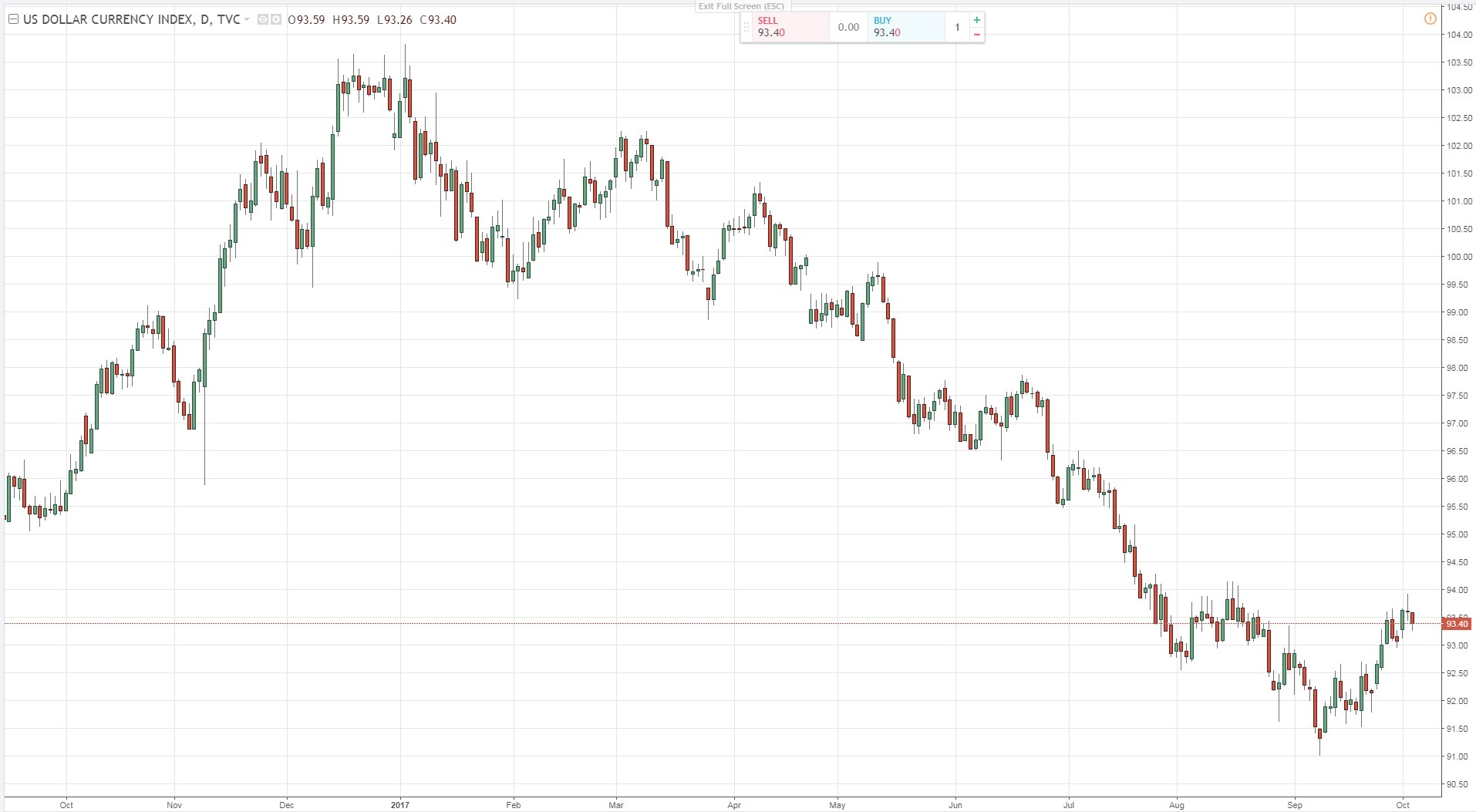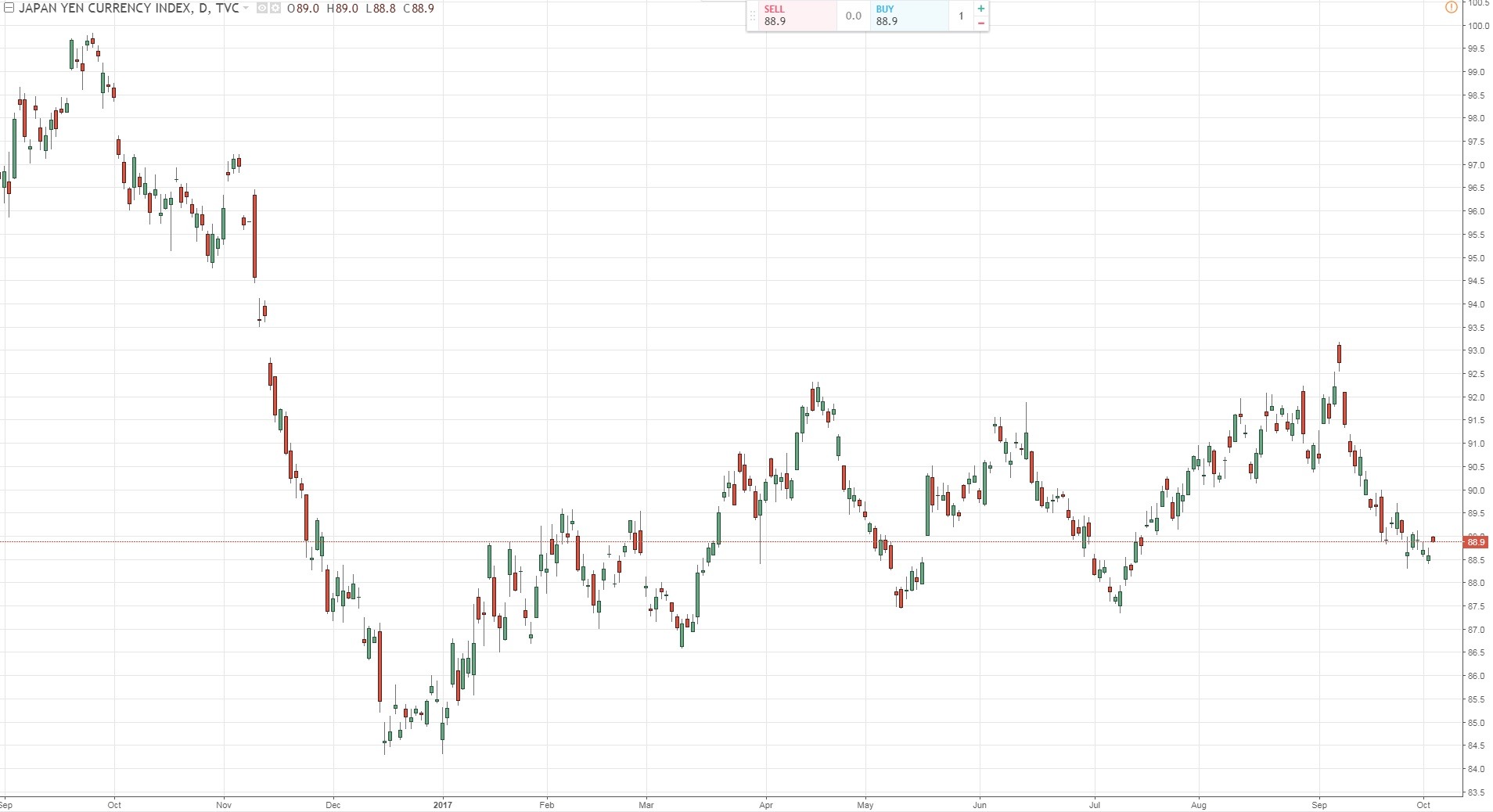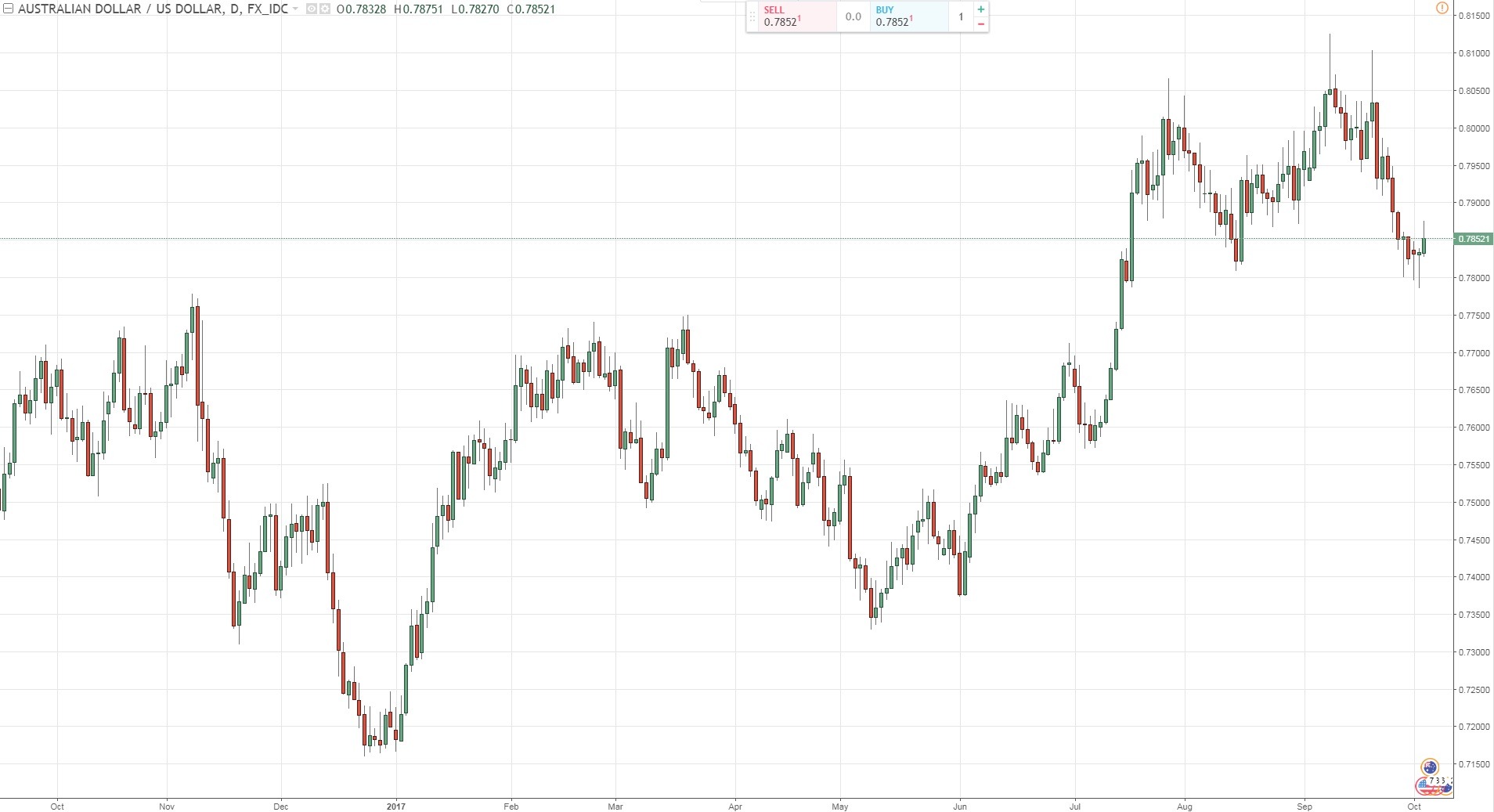Expected currency depreciation in 2018

Among long-term forex traders, considering currency depreciation and appreciation early on is crucial to making proper decisions early.
US dollar
Despite starting strong at the beginning of the year, the US dollar currency depreciation has been gradual. The US dollar index (DXY) even dropped below 92, a price level has never seen since 2015. All this even as the FED is trying to tighten monetary policy through raising interest rates. The problem is that there has been increasing skepticism over the US administration’s ability to fulfill its agenda. Besides, the US president himself called the US dollar ‘too strong’ and unable to compete against other major currencies in trade.
There has been a recent retracement, following plans to slash corporate tax down to 20% from 35%, but the major undermining factors remain. The technical analysis indicates that the 94 level of the DXY could act as a resistance level since the DXY has had trouble breaking through it. Additionally, it is not only the US dollar that is tightening monetary policies, as other central banks are getting more hawkish. Given the current environment, the US dollar is still largely overvalued, and currency depreciation can be expected through 2018.
Japanese Yen
The Bank of Japan (BoJ) adopted a policy on economic stimulus, reducing interest rates into negative interest rates. This had the expected result of currency depreciation on the Japanese yen, and it may only get worse. As other central banks started becoming more hawkish, the BoJ did not. In fact, according to Invezz analyses during the BoJ announcement in September, they did not appear anxious to change the monetary policy. They instead voted 8-1 to maintain the current economic policy, and the lone dissenter was actually calling for more economic stimulus.
Therefore, monetary policy in Japan is likely to continue into 2018, causing further currency depreciation on the yen. Then there is the political problem, as tension rises between the US and North Korea. The Japanese have turned to keeping their money in safe havens, especially bitcoin and other cryptocurrencies. As a result, these factors are bound to keep the yen on a downward trend, at least for most of 2018.
Australian dollar
The Australian dollar has been one of the best performing currencies in 2017. Since the start of the year, it has appreciated by over 10% against the US dollar by September, and only had a retracement recently. Remember, this is despite the strength of the US dollar after the US general elections. The appreciation of the Australian dollar has been mainly due to strong economic performance. Exports of iron ore and coal helps a lot, as the prices for these commodities rose.
Furthermore, mining production capacity also increased, raising hopes for more exports. Meanwhile, employment and housing data were also strong, making the currency even stronger. Several factors came into play to push the value of the Aussie higher, but these factors may just turn. Several months ago, the RBA appeared to turn hawkish, but the most recent minutes by the central bank say otherwise. The board was afraid the rapid appreciation of the Australian dollar would hinder growth and inflation. While it’s not a clear indication of dovish QE policies, it does indicate an increasing dovish attitude, which may cause depreciation in 2018 for the Aussie.
On the other hand, the Chinese economy is expected to slow in 2018, which means less imports of Australian iron ore. Other Australian commodities may also experience a drop in prices due to increasing global supply, which should further cause depreciation for their currency.





























Comments (0 comment(s))